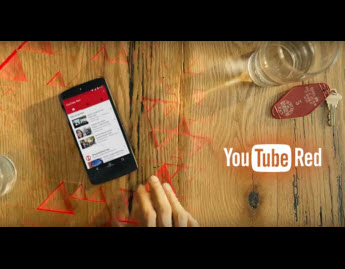Why TV Can’t Always Be Everywhere

The smarter way to stay on top of the multichannel video marketplace. Sign up below.
You are now subscribed
Your newsletter sign-up was successful
The buzz about TV Everywhere is all around us. It has been hailed as a potential savior against cord-cutting and a possible magnet for millennials.
That would be great news if TV Everywhere were, indeed, everywhere. But in fact, it isn’t, and may never be, in my opinion. In spite of the dedicated investments of the industry’s most forward-looking companies, let’s face it: The free, fast, fat Internet access that you need to stream the latest Walking Dead, to binge on Game of Thrones, to watch live sports, will never reach every corner of the telecommunications universe.
Here are some facts: An estimated 60% of tablet owners don’t have a data plan. That means the minute you leave the house most of us have to rely on hotspots.
I don’t know about you, but I hate having to pay again for WiFi access at the airport, in hotels, even on the train. And just try logging in — chances are, if you can get past the login screen, the service will deliver you into buffering hell. Free WiFi is just as bad, or maybe worse.
Sure, I could ditch the tablet and use my smartphone for my video fix. However, a typical cellphone data plan is limited to only 2 Gigabytes. Streaming one hour of HD content will eat that up before I’ve sent a single email. I could, of course, watch four hours of standard-definition content, but I seriously run the risk of data overages — so count me out.
A much better solution is downloading to take content with you on-the-go. Consumers are accustomed to “pulling” content — they do it every time they log onto our video-on-demand portals. Let’s allow them to pull more of the content they already have paid for onto their mobile device.
We already have the rights for in-home viewing, and the technology exists to protect rights holders and restrict the content to a one-time out-of-home view.
The smarter way to stay on top of the multichannel video marketplace. Sign up below.
To sum it all up: Downloading has become the table stakes for mobile video — Amazon Prime Instant Video and now YouTube Red both enable offline viewing for their content. Consumers expect ultimate viewing flexibility and programmers and service providers need to allow downloading to meet those expectations.
We can either get on the bus, or land under it, because the bus of mobile video and downloading by consumers is inevitably arriving, and it’s picking up speed. Together, let’s invest in true content everywhere.
Melani Griffith is executive vice president, business development, and a board member at Penthera.
